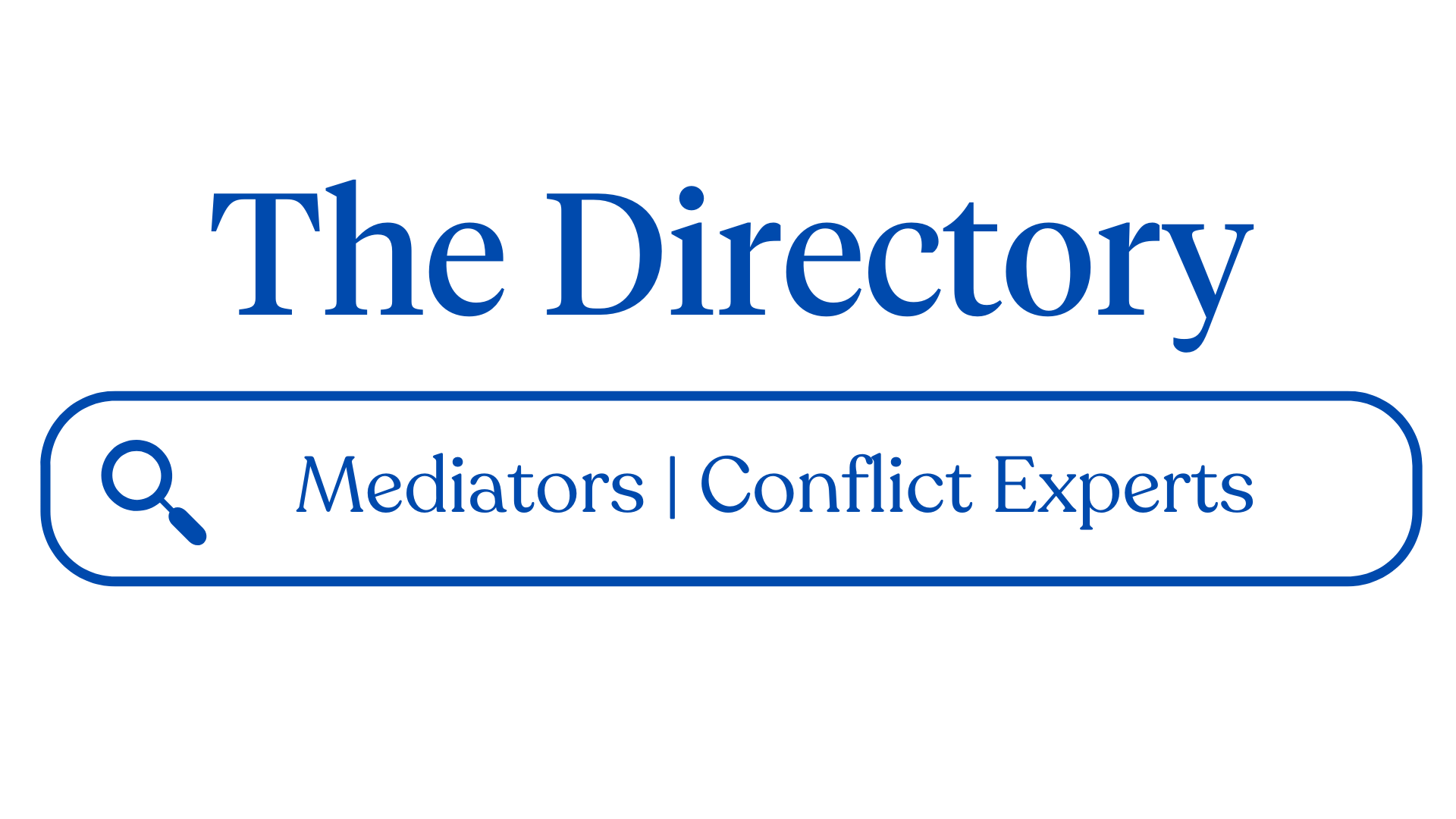Offshore Energy Mediation
"What is Offshore Energy
Mediation?"
Offshore energy mediation is a form of dispute resolution that specifically focuses on conflicts and disagreements within the offshore oil, gas, and renewable energy industries. These disputes can arise between companies operating in these sectors, as well as between companies and government entities or local communities.
Offshore energy mediation can be used to resolve a wide range of disputes related to the offshore oil, gas, and renewable energy industries. These may include conflicts between companies operating in these sectors, such as disputes over contracts, joint ventures, or partnerships.
Additionally, offshore energy mediation can also address disagreements between companies and government entities or local communities. For example, it could be used to resolve issues surrounding environmental concerns or community impact assessments.
Some specific matters that may go to offshore energy mediation include disputes over exploration and drilling rights, damage claims for accidents or spills, breach of contract claims between operators and service providers, and conflicts involving regulatory compliance.





